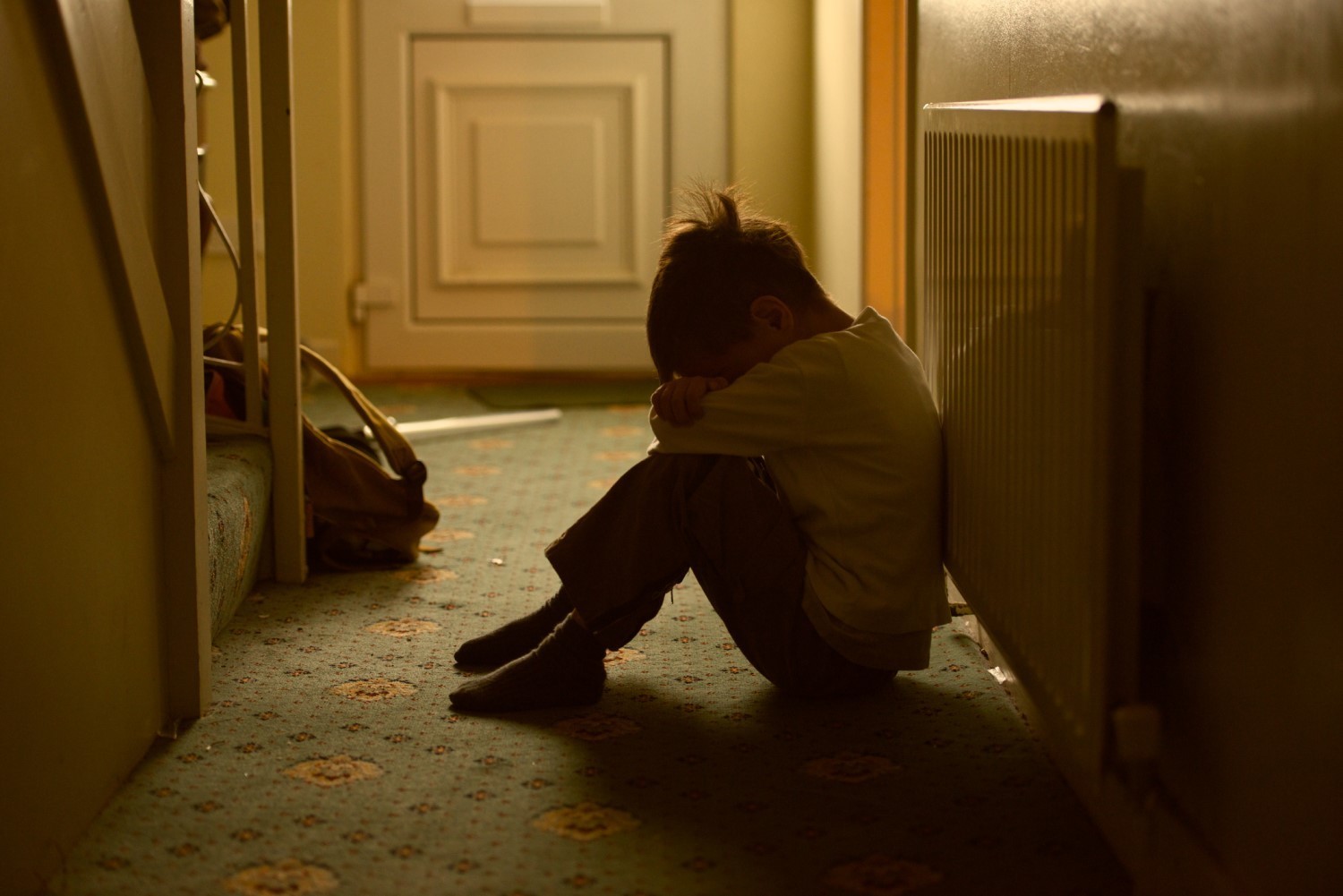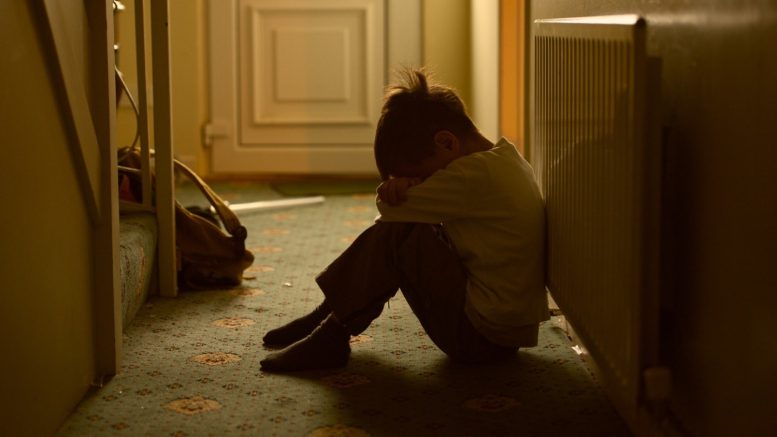Published on May 27, 2024, 12:37 am

Image source: Fox News
- Array
Breakthroughs and revelations of abuse, from child mistreatment to financial misconduct, consistently make their way into trusted news sources. The findings are unsettling; approximately one in seven children encounters abuse predominantly by individuals in their circle of trust. A startling number of adult males, about one in 10, might even be pedophiles. These issues cross societal boundaries, infiltrating secular and public institutions at a concerning degree. However, the expectations for moral conduct are usually higher for religious establishments.
Despite the denomination they belong to, no institution is immune to the harrowing instances of abuse. It seems as if this malady can penetrate all sectors unless proactive countermeasures exist to prevent it. Almost a sixth of members experience sexual exploitation within religious organizations, while almost a third have suffered financial fraud induced wounds.
The effects of illicit actions on those affected reach far beyond immediate physical or psychological damage. Victims often grapple with devastating feelings of deep spiritual betrayal leading to faith loss and mental health complications such as depression, anxiety, PTSD and sometimes even suicide. Not responding appropriately to these allegations further inflames this cycle of harm affecting not just the victims but also their families and communities leading to dissolution in our shared spiritual life.
But how does an environment that enables such atrocities form within churches? This question begs dissecting systemic factors aiding in concealing abusive practices.The presumption that religious figures are infallible often engenders optimistic ignorance causing their actions not being examined critically. Navigating allegations becomes complex due to personal memberships fostering fierce loyalties while hierarchical constructs build protection barriers for culprits making it tough for accusations to be heeded seriously. Some organizations go on tortuous lengths safeguarding their reputation which can inadvertently give free rein for unchecked molestation.
In order for such grim situations to arise, there has to be an amalgamation of several elements: an individual who’s vulnerable susceptible even; someone willing and seeking to cause harm; and a propitious environment deficient in necessary protection measures for the vulnerable. Hence, the critical question becomes – what changes can take place to transform these circumstances?
Assuming the responsibility of protecting their congregation, particularly those most susceptible and least powerful should be at the forefront for religious leaders. Broadening their understanding of abuse dynamics, red flags and subtleties across all forms from physical and sexual to emotional and spiritual maltreatment is essential. Acknowledging that any form of violation could occur is an important first step towards formulating robust preventive strategies. Steps like extensive staff screening, the inception of clear boundary codes, and thorough training would promote a more secure setting.
In addition to establishing standard protocols, leadership should strive to instil a safeguarding ethos through consistent messaging on protective practices. An effective backlash mechanism where grievances are taken seriously is also vital for creating a safe space for victims. Ministries must commit to honoring obligatory reporting laws along with respecting employment law standards so that all abuse allegations are carefully investigated while ensuring legal procedures for substantiated scandal.
The manner in which religious organizations respond sends out powerful signals about their divine mission – neglecting those violated within its ranks veritably mirrors wrongdoing against God himself. Building responsible practices which exalt purity above public image perception accords closer with teachings expected from God’s shepherds rather than defending worldly positions.
Finally, leaders must play active roles advocating justice, preventing exploitation while striving toward facilitating healing processes synonymous with Christian worldview turning places into sanctuaries truly reflective of faith ideals.
(Theresa Lynn Sidebotham is a founder at Telios Law – working extensively within specialist engagements including employment law sphere both locally & globally; religious/ nonprofits law; child safety concerns alongside advise on widespread misconducts investigation)
Original article posted by Fox News

Be the first to comment on "“Preventing Abuse within Religious Institutions: An Urgent Need for Critical Reform and Leadership”"